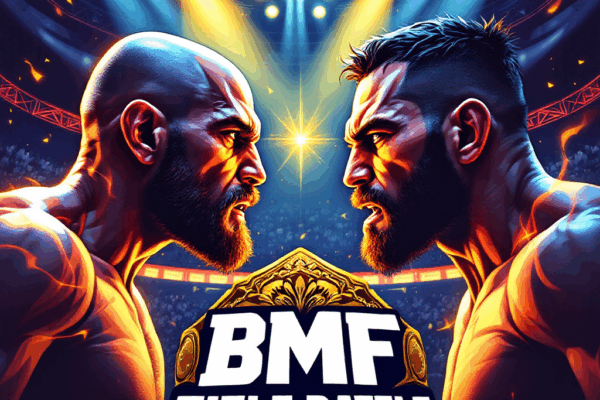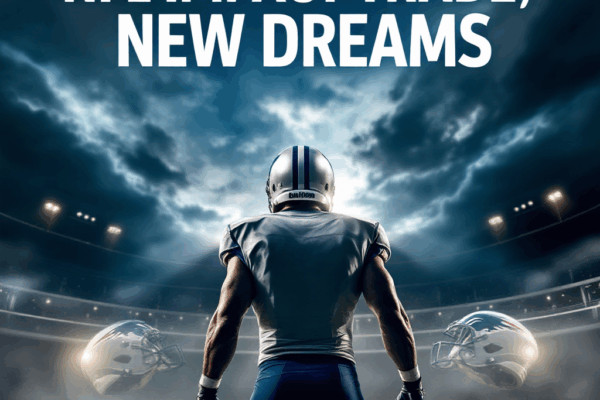Phil Robertson: From NFL Star to Duck Hunting Legend
From a dazzling football star to a reality TV sensation that shook America, Phil Robertson’s life took a dramatic turn at a certain point. Why did he leave behind the conventional path of success to venture into the unknown world of duck hunting?
Born in a small town in Louisiana in 1946, Phil Robertson grew up close to nature and quickly fell under the spell of hunting. Yet, his talent shone brightly on the playing field as well. As a quarterback at Louisiana Tech University, he caught the eyes of the NFL and earned the honor of being drafted by the Washington Redskins (now Commanders).
But Phil Robertson’s choice defied many expectations. Instead of pursuing a professional football career, he returned to his hometown to fully dedicate himself to duck hunting. Behind this decision lay his passion and values.
“I loved football, but I loved hunting more,” Phil Robertson reflects. To him, life in the great outdoors was not just a hobby—it was a calling. This unique choice completely transformed his life and ultimately led to the birth of the wildly successful business, Duck Commander.
Phil Robertson’s story compels us to rethink the true meaning of success. He followed his passion rather than the world’s definition of success, and as a result, achieved even greater accomplishments. From duck hunter to a reality TV star representing America, Phil Robertson’s journey shows us the power of courageous choices.
Family, Business, and Reality: The Myth Created by Phil Robertson and Duck Dynasty
What was the secret behind the rise of Duck Commander from a small duck call manufacturer to a global brand, and the family reality show that captivated audiences every season? Duck hunting, laughter, and conflicts—all unfolded vividly on TV.
Duck Commander: A Family Business Success Story
Started by Phil Robertson in 1972, Duck Commander grew from a simple duck call maker into a global outdoor brand. At the heart of this success was the close-knit bond and passion of the Robertson family.
- Innovative Products: Phil’s duck call designs became hugely popular among hunters.
- Family Management: Under the leadership of his son Willie Robertson, the business expanded rapidly.
- Brand Expansion: Starting from duck calls, the product line broadened to hunting gear, apparel, and more.
Duck Dynasty: A New Frontier in Reality TV
Debuting in 2012, Duck Dynasty captured the everyday life of the Robertson family, winning hearts across America. Centered around Phil Robertson, the family’s story resonated with many viewers.
- Authentic Content: The show portrayed the family’s real life and business with candid honesty.
- Shared Values: Christian faith and family-centered values deeply connected with audiences.
- Humor and Drama: Entertaining conversations and occasional conflicts gave the show genuine appeal.
Phil Robertson: The Patriarch at the Center of Controversy
Alongside the success of Duck Dynasty, Phil Robertson attracted media attention, and his remarks frequently stirred social debates.
- Emphasis on Traditional Values: He openly expressed his Christian faith and conservative beliefs.
- Controversial Statements: His 2013 GQ interview led to a temporary suspension from the show.
- A Loyal Fanbase: Despite controversies, he built a powerful group of supporters.
The Legacy of Duck Dynasty
Airing for 11 seasons, Duck Dynasty transcended being just a TV show to reflect a facet of American culture. The phenomenon created by Phil Robertson and his family occupies a unique space at the crossroads of media, business, and social values.
Duck Dynasty brought the strength of family, traditional values, and Southern American lifestyle to the forefront of popular culture. The story of this family, centered on Phil Robertson, remains a fascinating example of how business success and media phenomena can intertwine with today’s cultural value debates.
Truth or Controversy: Phil Robertson’s Unfiltered Remark
In 2013, American society was set ablaze by a single interview. Phil Robertson, the star of “Duck Dynasty,” found himself at the heart of a storm following a candid comment he made during an interview with GQ magazine. His blunt words sparked a firestorm that went far beyond a mere celebrity scandal, igniting a nationwide debate over core American values.
The Spark of Controversy
During the interview, Robertson openly expressed his views on homosexuality without hesitation. His remarks immediately drew fierce backlash from the LGBTQ+ community and human rights organizations. This was not just a matter of personal opinion—it became a flashpoint representing deep-seated cultural conflicts within American society.
“Duck Dynasty” and A&E’s Response
As the controversy escalated, the A&E channel temporarily suspended Phil Robertson’s appearances. This decision triggered yet another wave of debate. Supporters of free speech condemned A&E’s move, while fans defending Robertson’s statements called for a boycott of the network.
The Robertson Family’s United Front
Interestingly, the incident only served to strengthen the Robertson family’s unity. Family members rallied behind Phil Robertson wholeheartedly, leaving a lasting impression on “Duck Dynasty” fans. This solidarity resonated with viewers who valued traditional family ideals.
Impact on American Culture
This controversy transcended the confines of a single TV show. It touched upon the broader conflicts between progressivism and conservatism, the delicate balance between religious beliefs and individual rights, and the evolving role of media. Phil Robertson’s remarks became a vivid lens through which to view the complexities and diversity of American culture.
The Aftermath
Despite the uproar, “Duck Dynasty” maintained its popularity. In fact, the controversy boosted the Robertson family’s public profile even further. Phil Robertson continued to champion his traditional values through various books and interviews, never backing down from his convictions.
This episode revealed a multifaceted portrait of modern American life, where media, religion, politics, and personal beliefs intertwine. Phil Robertson’s one comment transcended mere words—it acted as a catalyst, bringing deep societal struggles and debates to the forefront. To this day, the incident remains a pivotal point for discussions about the balance between freedom of expression and social responsibility.
The Footprints Left Behind: Phil Robertson, One Family, One Belief, and One Era
Family love, faith, business success, and relentless controversy. The legacy Phil Robertson left behind continues to live and breathe throughout American society today. Is he a hero, or simply a product of his time?
Family and Faith: The Pillars of Robertson
For Phil Robertson, family and faith were the core of his life. The Robertson family, introduced to the world through Duck Dynasty, moved many hearts. His unwavering marriage to his wife Kay and the strong bonds with their four sons became symbols of traditional family values.
Robertson’s Christian faith was also a major pillar shaping his identity. As seen in his book The Theft of America’s Soul, he actively shared his beliefs with the public.
Robertson as a Businessman
As the founder of Duck Commander, Phil Robertson was more than just a TV personality. His business acumen turned a small family enterprise into a global brand. This success story represents the spirit of American entrepreneurship.
At the Heart of Controversy
However, Phil Robertson’s legacy is not without controversy. His conservative views, especially his comments about the LGBTQ+ community, sparked major backlash. This stands as a vivid example of the clash of values in modern American society.
Robertson’s Legacy: A Complex Portrait of Modern America
Phil Robertson is more than an individual; he embodies a microcosm of the complexities in contemporary America. His life invites discussion on themes such as the clash between traditional and modern values, the balance between freedom of expression and social responsibility, and the impact of media on personal lives.
The footprints Robertson left behind receive both praise and criticism. He is seen by some as a hero upholding traditional values, and by others as a symbol of outdated prejudice.
Ultimately, Phil Robertson’s legacy poses vital questions: What significance do traditional values hold in a changing society? How can personal beliefs and social responsibilities be harmonized? These questions go beyond Robertson’s story, reflecting the fundamental dilemmas faced by modern American society.




